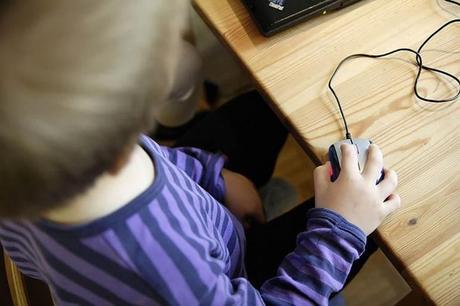
Childproof the environment You would never leave a toddler in an unfamiliar environment, so why would you let your kids play online without taking some precautions first? Installing a well-reviewed filtering package and tailoring the controls to your child’s age is a great place to start. There will probably be some free, pre-installed software lurking on the hard-drive of your PC or Mac, too. Exploit it for basic benefits like setting Safe Search to default in all search engines. Making sure all your home browsers are installed with an ad and popup blocker will not only prevent the most aggressive and persistent ads, it will also stop those irritating messages which have been clogging up your own browsing time: everyone’s a winner! Don’t let them get tangled in the social network Social media sites can be fun, creative and exciting if approached with a little foresight. With Facebook in particular, It’s not just about being the requisite age to join (13), your child has to show they can handle the responsibility, too. At the very least they should be clear on the basics: don’t share your address, phone number, or any other private information with the public. If there is any doubt, sit down with them and help them review their privacy and security settings for photos, posts, and their ‘about’ section using your own Facebook page as an example. If you’re still worried, a program like Avira Social Network Protection can help you to monitor your kids’ safety on key social media platforms.
*This post is a guest post by Kelly. Kelly Arton is a mummy blogger from the West coast of Scotland. She writes on various parenting topics and gets her inspiration from life with her two daughters.
Image by Miika Silfverberg, used under Creative Comms license. Like me On Facebook - Follow me on Twitter - Follow on Bloglovin'


